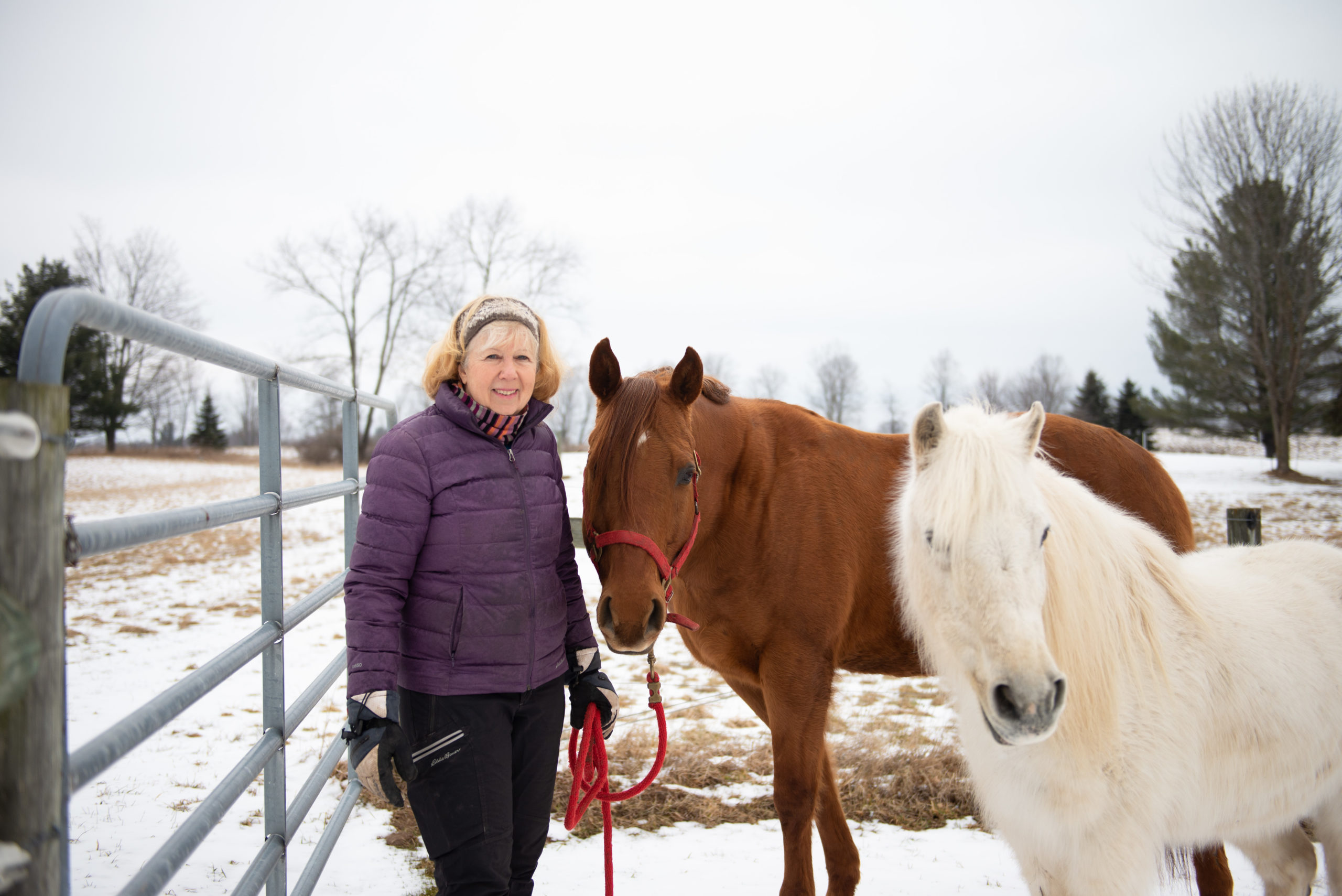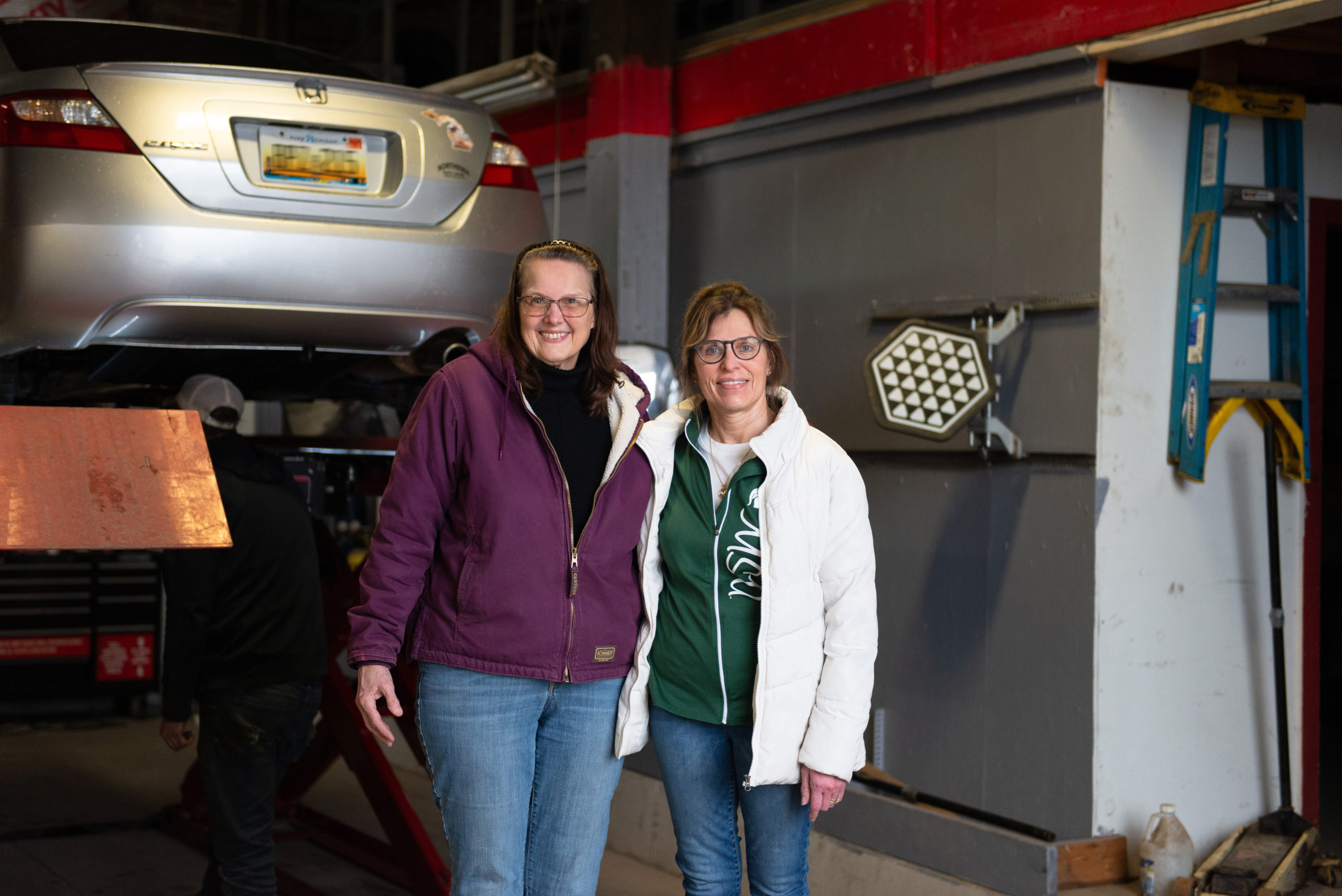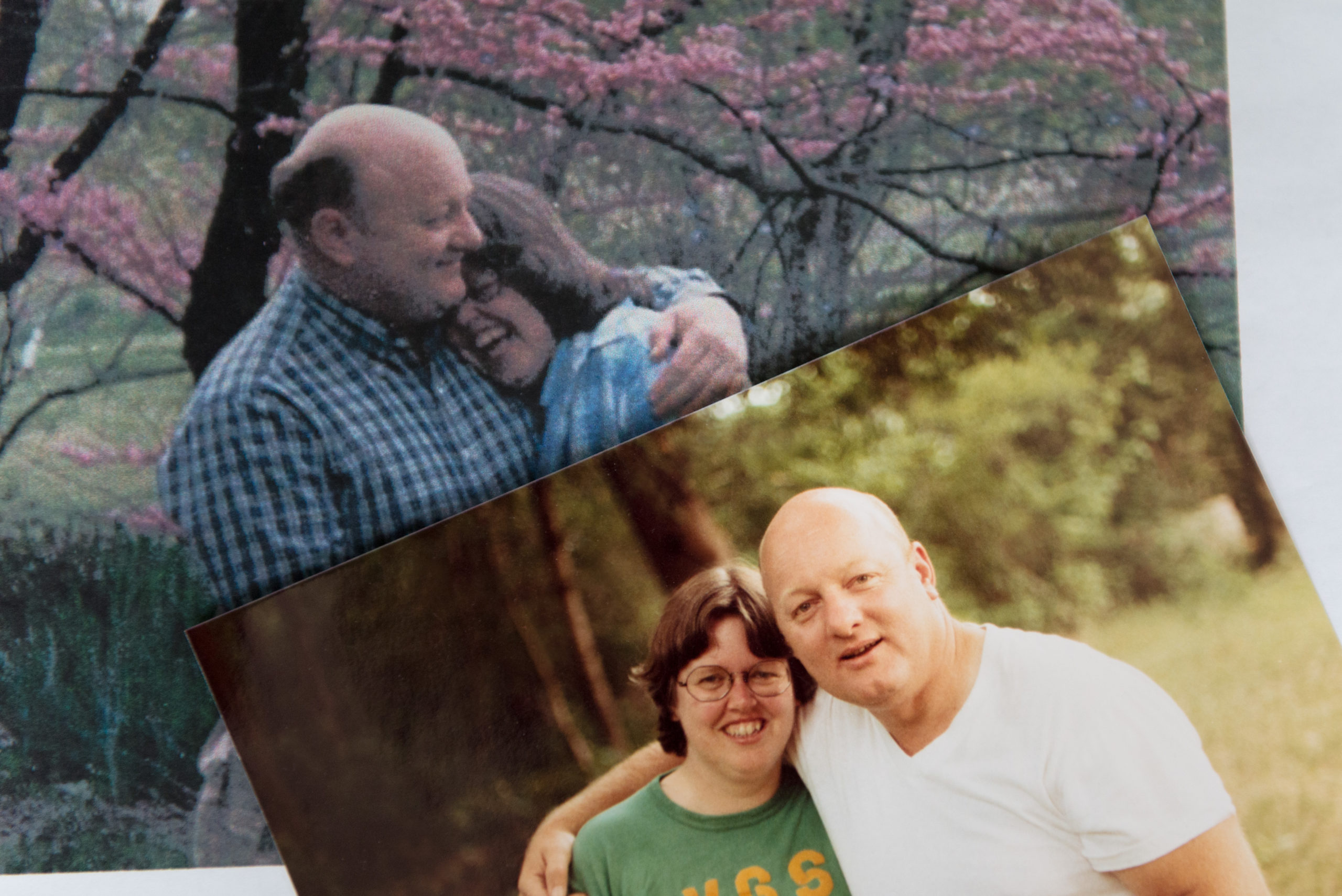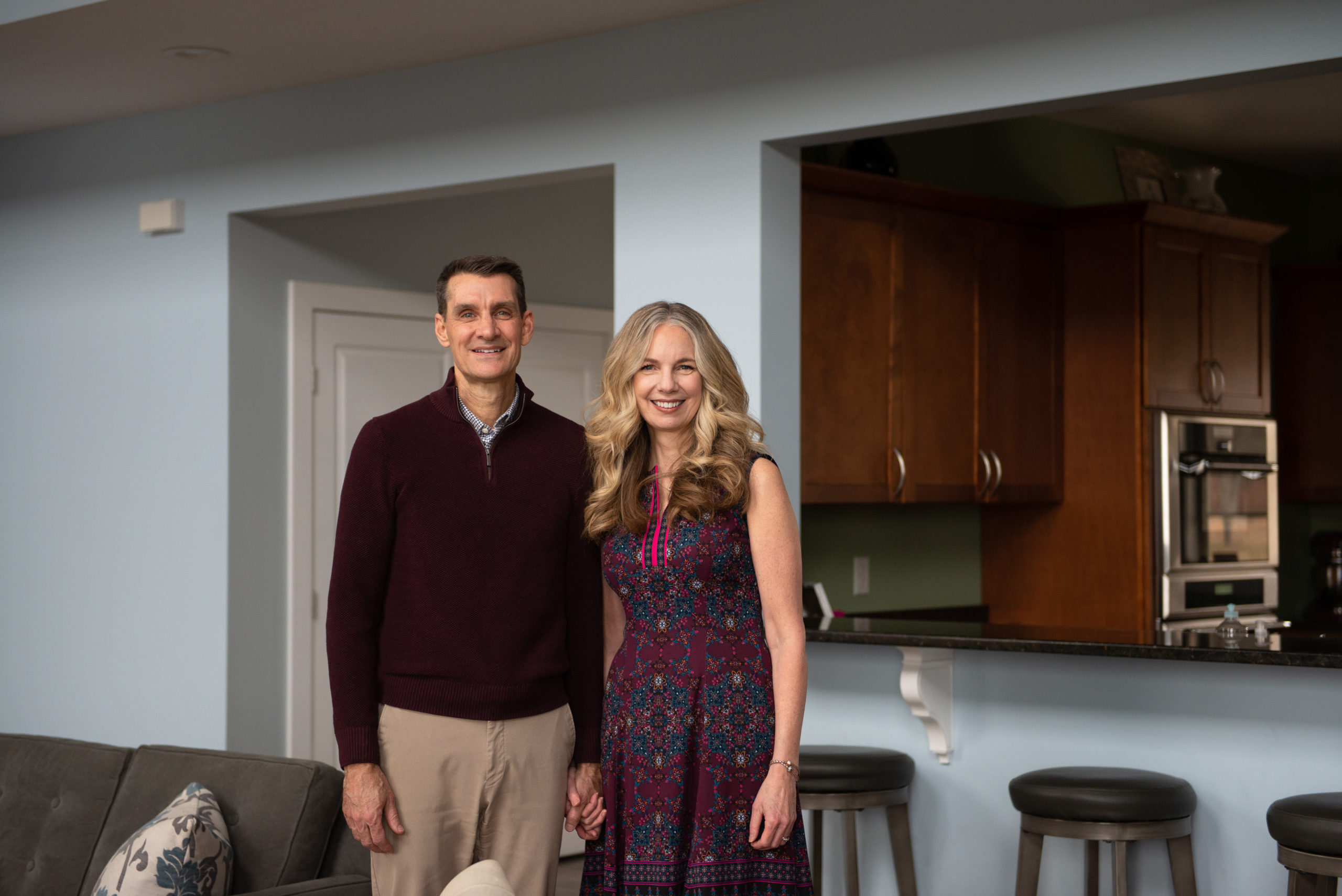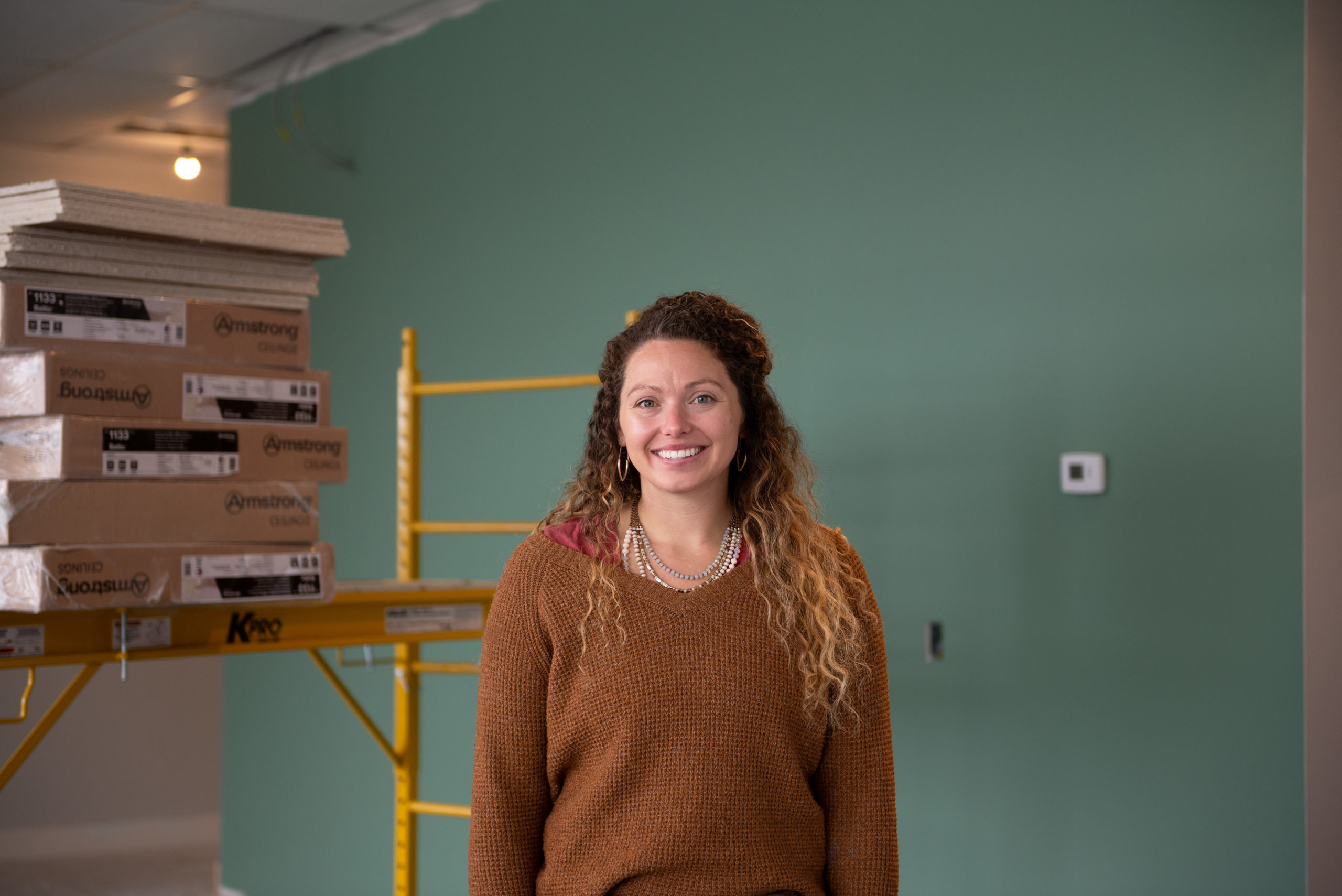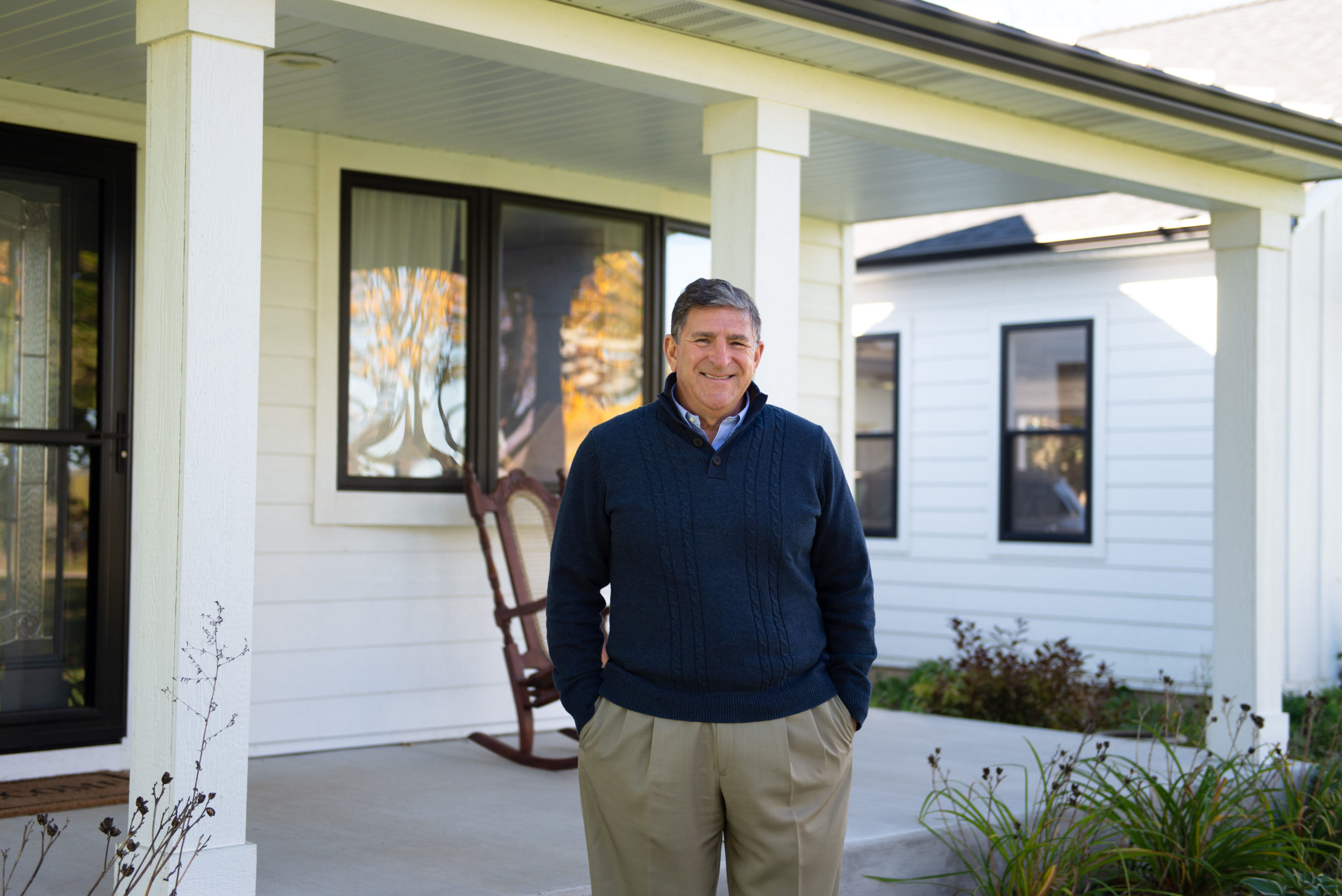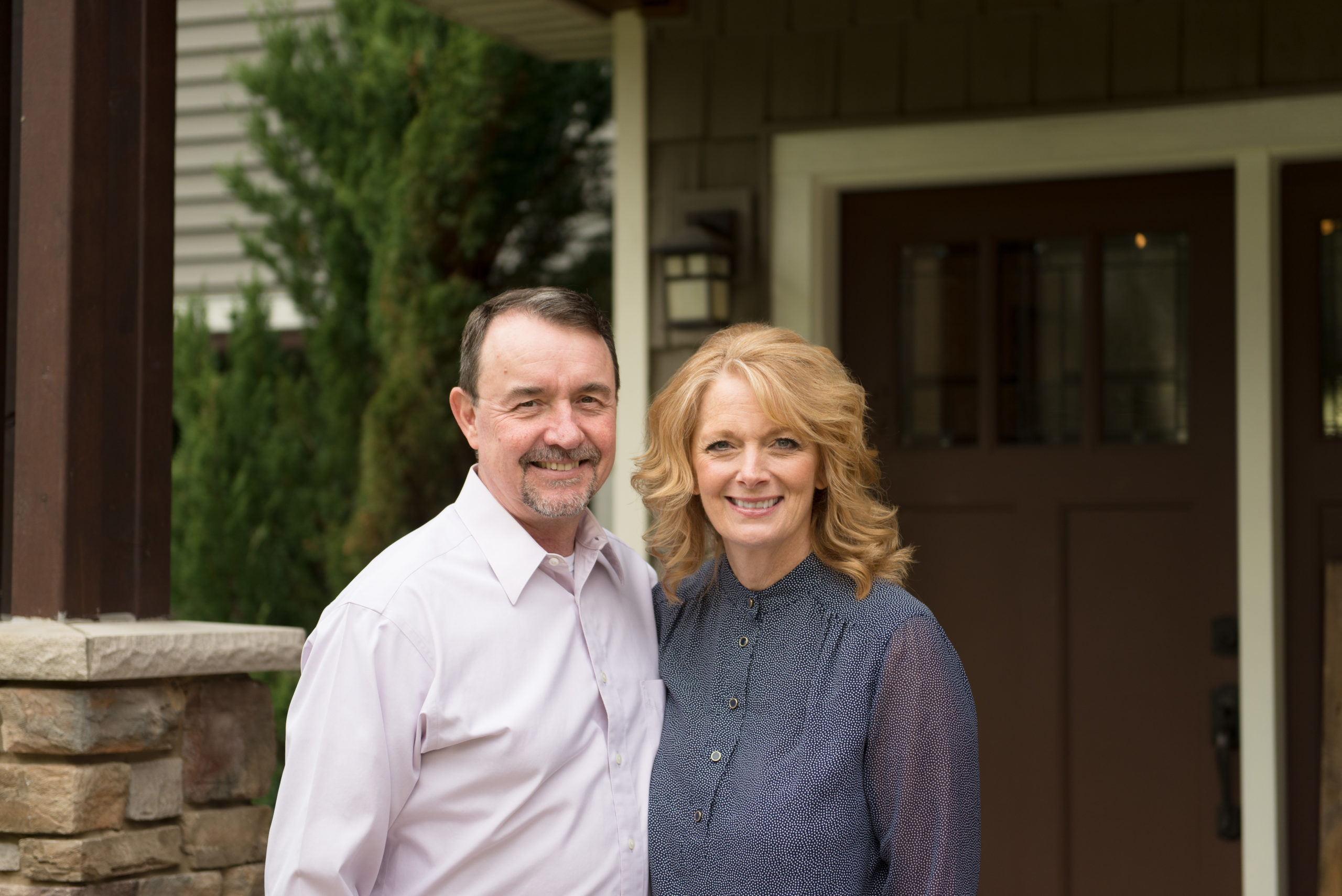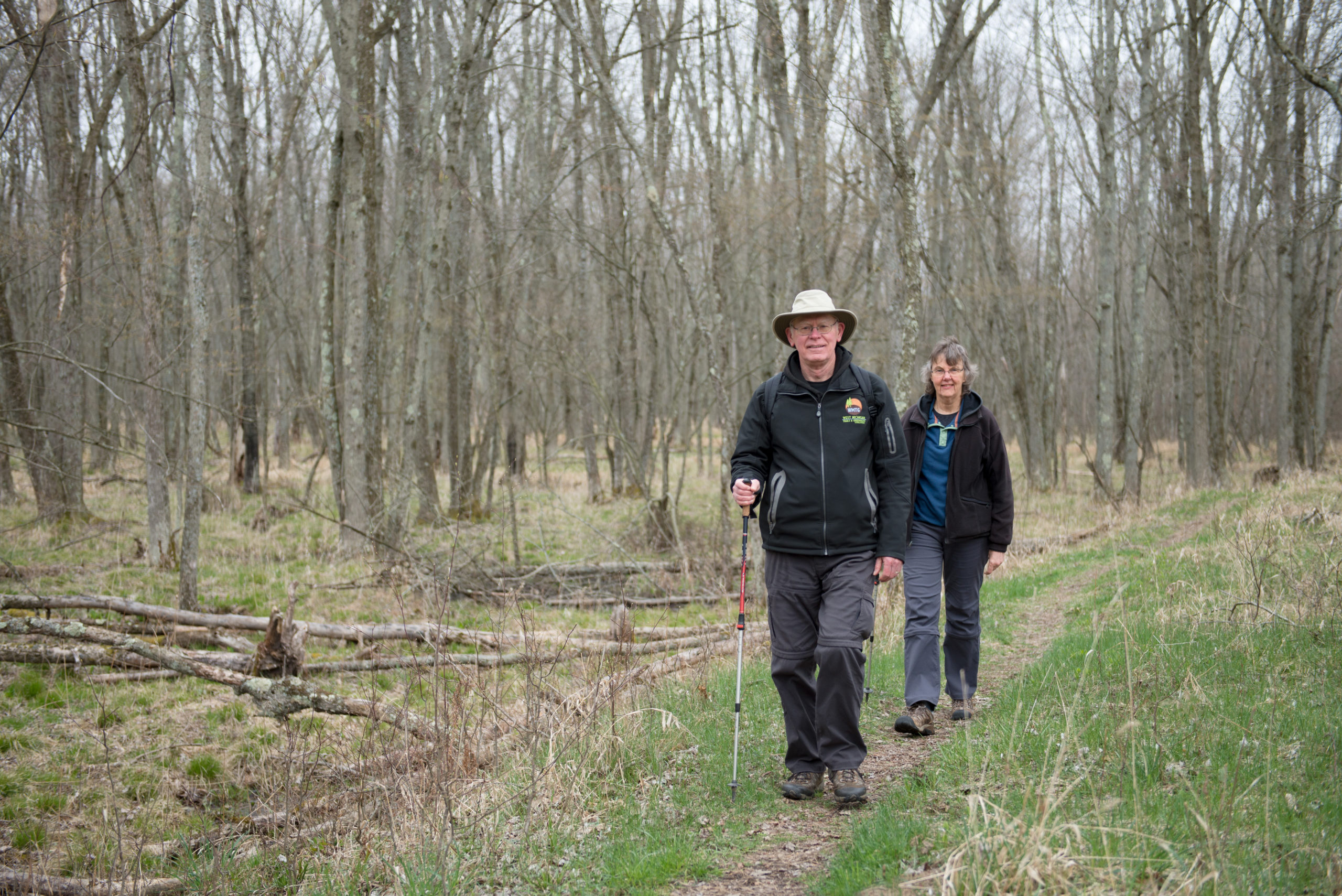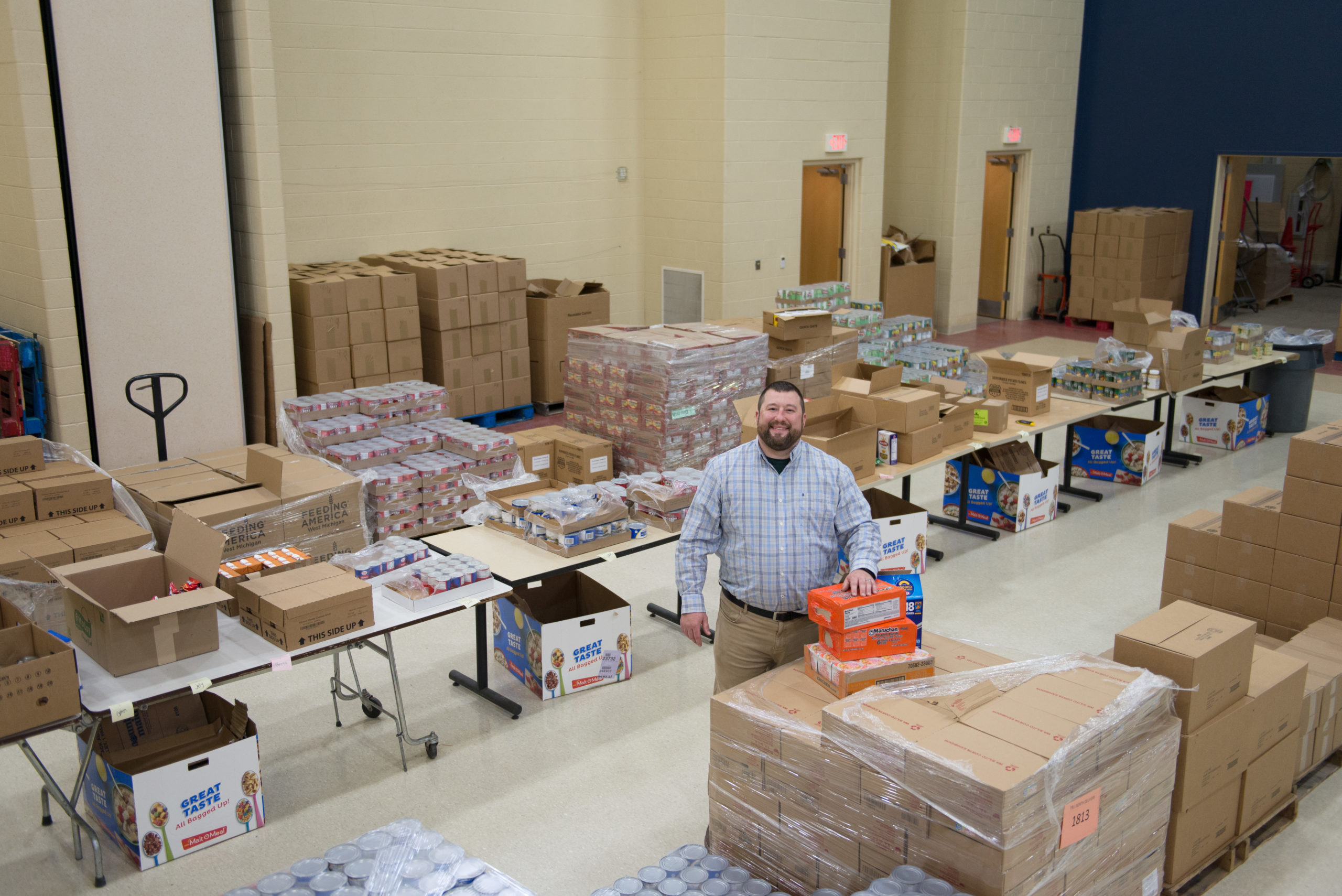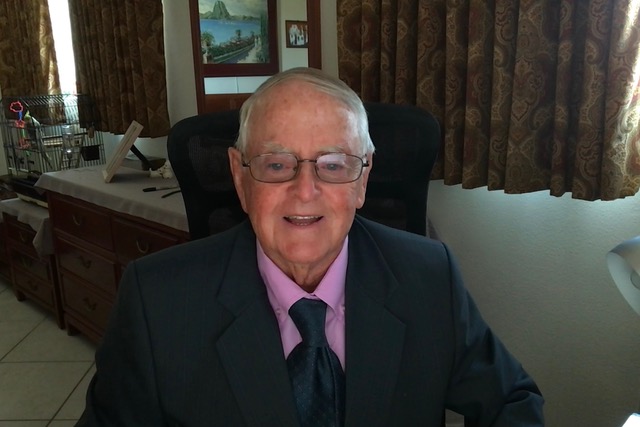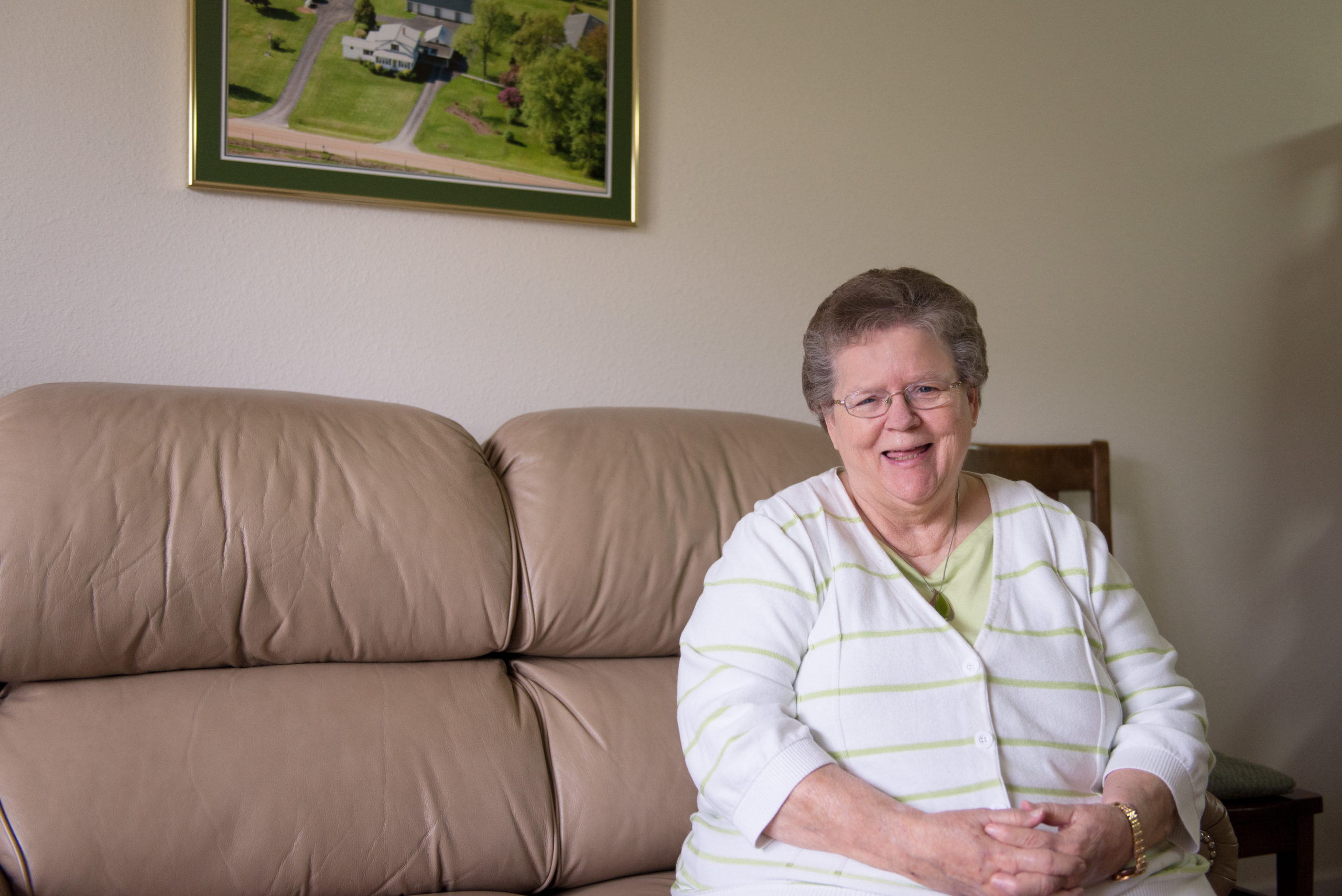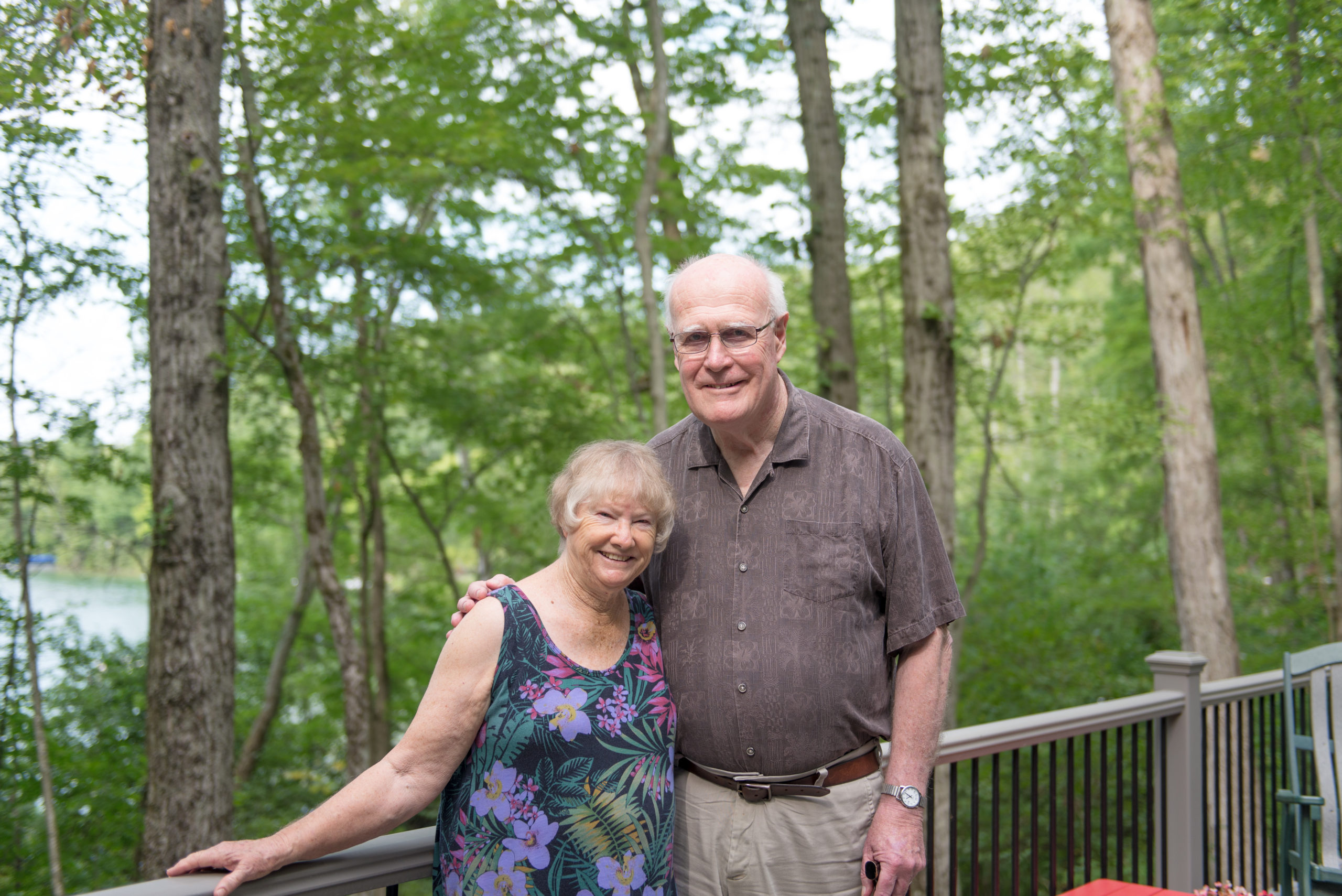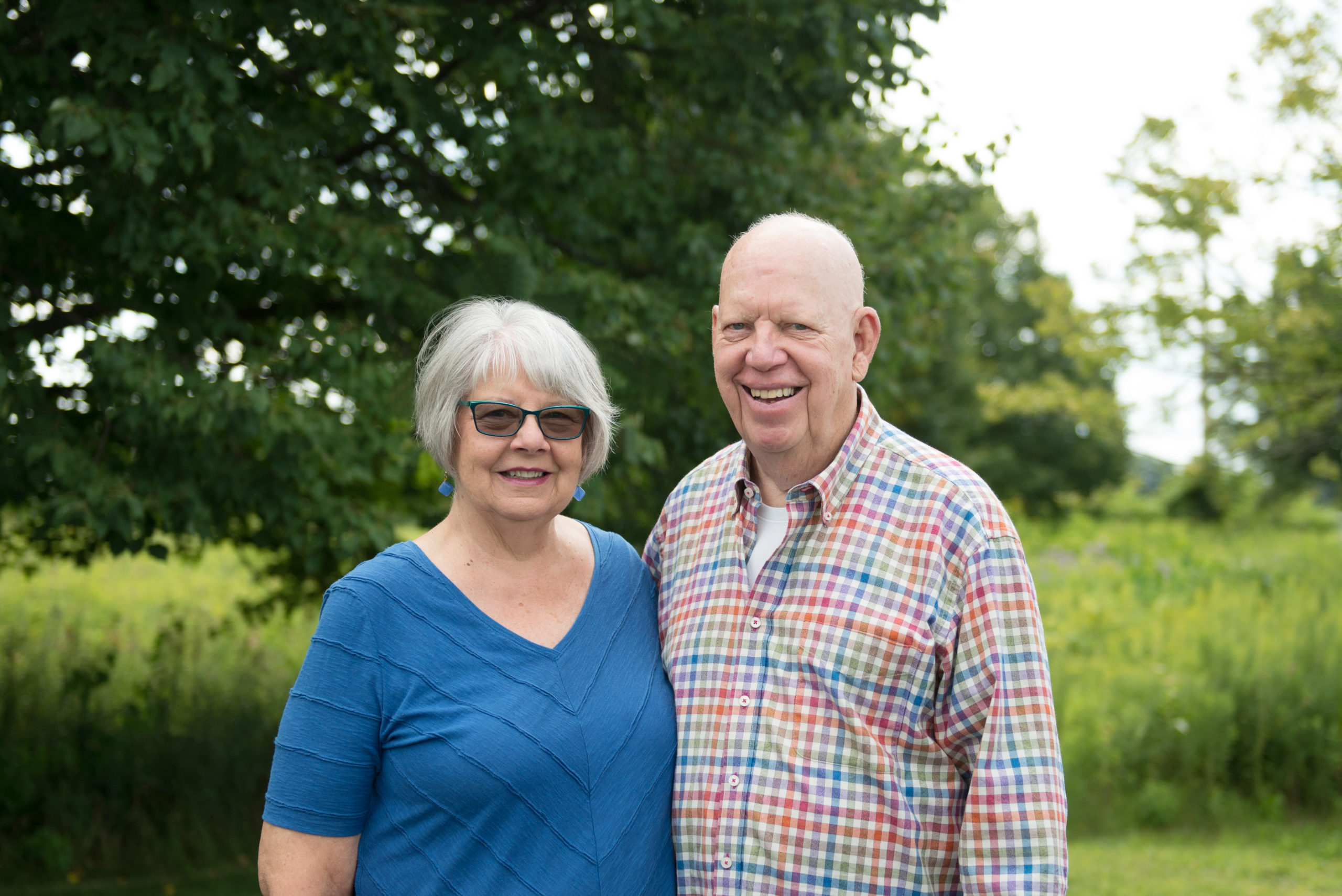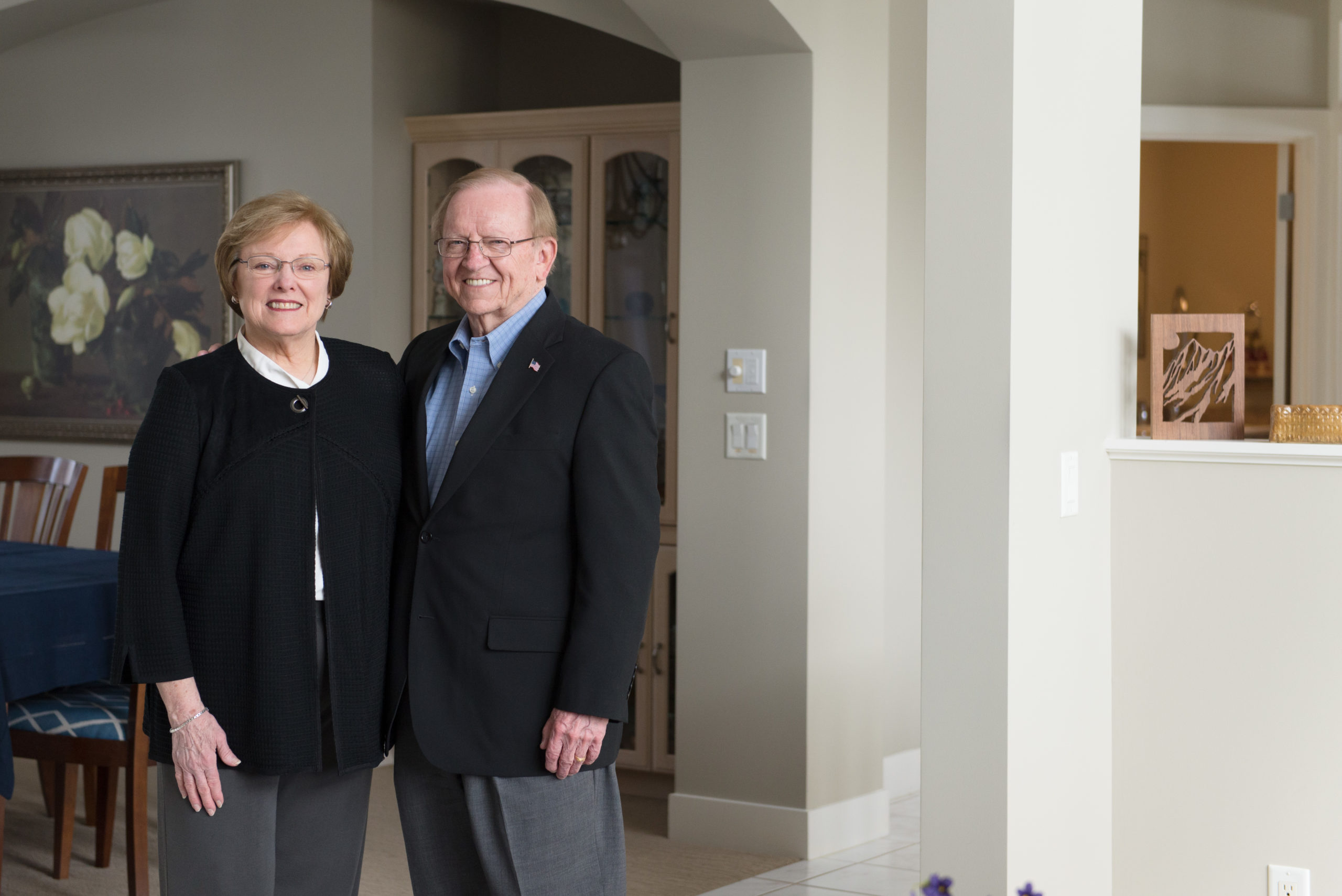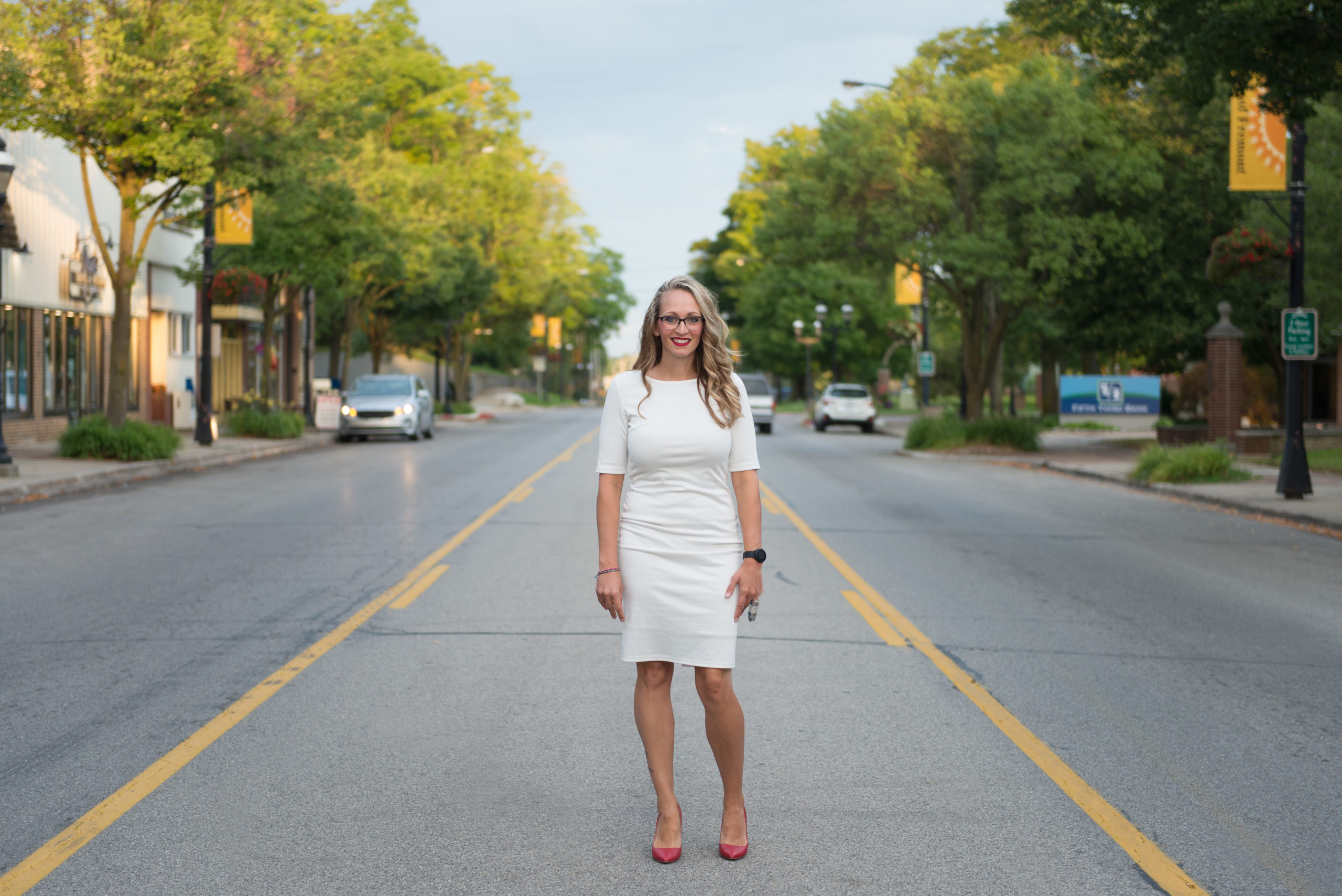While the class of 2030’s graduation may seem far off, Kickstart to Career Newaygo County has been planning for it since before those students started kindergarten in 2018. The kids in this inaugural Kickstart class were the first to receive savings accounts at ChoiceOne Bank, seeded with $50 from the Community Foundation.
After graduation, students can use the money they’ve saved and earned for college, career training, and other related expenses. But the impact reaches far beyond just dollars.
“It’s about so much more than the amount in the savings account,” said Jackie Hite, Kickstart to Career assistant at the Community Foundation. “Our main goal is changing mindsets. Students start thinking, ‘I am going to college. I am going to trade school,’ instead of thinking they can’t afford it or it’s not for them. It makes it tangible.”
Along with savings accounts, the Kickstart program provides interactive classroom lessons on financial literacy and how saving today can help students prepare for the future. The Community Foundation also created an endowed fund to support Kickstart’s long-term sustainability.
“These kids are dreaming of a brighter future,” said Jackie. “We want to say to them, ‘Yes, you can and here’s how.’”


